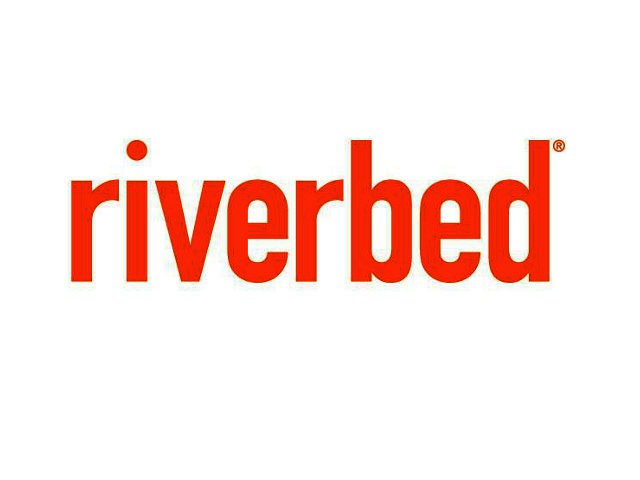Application performance company Riverbed Technology has released the results of a survey that showed that organisations are facing multiple challenges when managing IT at the edge – at remote and branch offices.
The survey, conducted during the EMC World 2016 conference, questioned 183 attendees from a variety of roles and with a median company size of 5 000 employees.
It asked IT professionals about the various challenges they face in provisioning and managing remote and branch offices (ROBOs) and found supporting the IT edge was expensive, resource-intensive and full of potential data security risks.
Standing on the edge
IT at the edge continues to be provisioned and managed largely as it has been for the past twenty years, with distributed IT spread out across potentially hundreds of remote and branch locations. However, this approach can bring data risk and operational penalties to companies at an extremely high cost, and in today’s increasingly distributed enterprise with a primary focus on data and security, past approaches may not be ideal for business success.
Given the various challenges associated with managing remote sites, organisations have their hands full in supporting the edge. The top three challenges of managing ROBOs in order of importance were found to be handling ROBO disaster recovery (54%); the high costs of providing ROBO IT (46%) and thirdly, providing adequate IT staff to support ROBOs (46%).
According to Riverbed, by all indications, today’s ROBO IT practices are significantly impacting the bottom line. Companies face substantial financial losses when recovering from an outage or struggling to provision new services or apps to hundreds of sites – along with the cost of supplying IT staff onsite at each location.
Respondents were asked to rank the degree of financial impact of individual challenges related to managing ROBOs. Respondents then ranked each item as having an “extremely to somewhat large” financial impact, with 45% citing delays in provisioning infrastructure, apps and new services to a ROBO and 44% indicating that delays in recovering from ROBO outages have the greatest impact.
More alternatives needed
The survey also found that those surveyed would like alternative options to storing data generated at remote office locations locally in the ROBO. When data is stored locally on physical servers in remote facilities or branch offices, it is especially susceptible to security risks, such as theft, human error or natural disasters. Not surprisingly, three quarters (75%) of respondents said that it would be “somewhat to extremely desirable” to store their remote data in the data center or in the cloud.
“The new Riverbed survey shows that companies are really struggling to effectively and efficiently manage their IT operations at the edge,” commented Paul O’Farrell, senior vice president and general manager of SteelHead, SteelFusion and SteelConnect at Riverbed. “As companies continue to move more of their operations to remote locations, it is becoming increasingly difficult to manage their backup and recovery processes and provide adequate IT staff onsite at each individual location,” he continued.
In a bid to address this problem, the company explained that its SteelFusion offering enables businesses to centralize ROBO IT operations and data in the data center (and/or the cloud), without any negative impact on remote office application performance. This, O’Farrell enthused, enables organisations to simplify IT management at remote locations while reducing overall costs.





